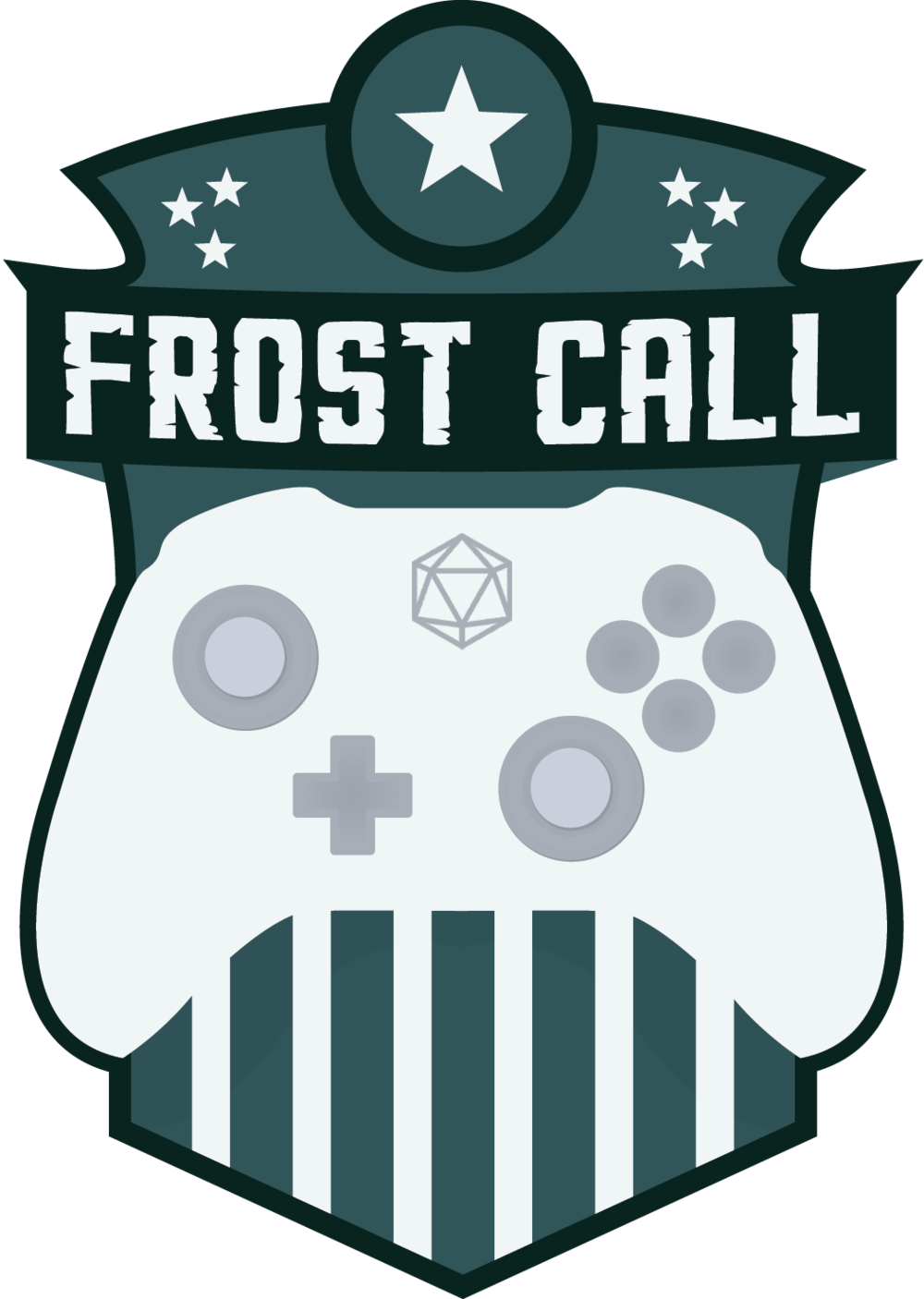Gaming and Coping with PTSD
Gaming can be a great way to cope with stress; we can sink into a fun game and relax or meet up with friends online to enjoy gaming together. For veterans, gaming might be one of the few ways to connect with other friends from the military who now live hundreds of miles away. But what about when we struggle with symptoms of Post-Traumatic Stress Disorder, like nightmares, irritability, or emotional numbness? On the one hand, gaming can be a helpful escape from the daily stress of PTSD. Video games in particular are a predictable world with predictable rules, something that can be an enormous relief when it feels like our own world is out of control. On the other hand, we can’t step away from daily obligations forever. So, how do we differentiate between gaming as a helpful way to cope, and gaming as potentially problematic for our recovery? Consider looking out for some warning signs.
|
Gaming is Helping my Mental Health |
Gaming Might Not be Helping my Mental Health |
|
I enjoy games and look forward to playing them |
I mostly play games to avoid negative feelings and don’t get much pleasure out of it |
|
Gaming doesn’t interfere with my ability to get good sleep |
I lose sleep playing games or sometimes play games to avoid sleep (for example, concern for nightmares) |
|
Gaming doesn’t get in the way of other important obligations, like work or family time |
I sometimes avoid work or being with my family to play games |
|
Gaming is one of several things I do to cope with my PTSD symptoms |
Gaming feels like the only way to manage my PTSD symptoms |
To be clear, there’s nothing wrong with picking up a controller and hanging out with friends as a means to cope with stress. It’s the foundation Frost Call was built on! But it’s always helpful to keep stock of our efforts to cope to ensure they are helpful. Additionally, it’s important to remember that the best way to manage our PTSD symptoms are to proactively invest in our mental health recovery with professionals who can work with us to directly address these symptoms. If you are considering talking to a professional and want to know more about PTSD, check out the resources at the National Center for PTSD -- https://www.ptsd.va.gov/ -- or contact your local VA or mental health providers.
Stay Frosty,
Wes Sanders, PhD and CEO of Frost Call
